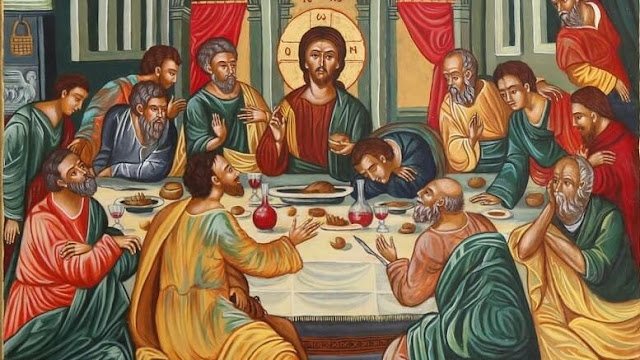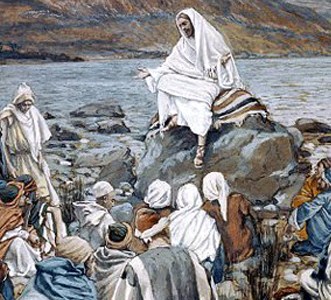Homily for the 19th Sunday in Ordinary Time, August 8, 2021, Year B

Fr. René J. Butler, M.S. La Salette Missionaries of North America Hartford, Connecticut ( Click here for Sunday’s readings ) Elijah definitely did not have friends in high places. It didn’t help his cause that he had killed all the prophets of Baal. Their chief patroness, Queen Jezebel, expressed her displeasure in these terms: “May the gods do thus to me and more, if by this time tomorrow I have not done with your life what was done to each of them.” In other words, she ordered a hit on him. First he fled about ninety miles, from Mount Carmel near modern-day Haifa in northern Israel, to Beersheba, some forty-five miles south of Jerusalem, in the desert. And to top it off, the best shade he could find was from a broom tree, a plant which is adapted to survive extreme drought conditions. It produces very small leaves, which last only a short time. So Elijah got tired of running away and was ready to give up. “Enough!” he cried, praying for death. God of course had other plans, a


